Column: Pain doesn’t have the power to silence me
Photo credit: Marley Mills
This image, photographed by Marley Mills, showcases the performance we put as to mask our true emotions. It is within our human nature to create walls that hide us when we are at our most vulnerable.
January 17, 2022
Pain is silencing. Watching friends and family members smile and embrace the joy around them silences our pain. It makes it hard for us to feel and express the pain that constricts our lives. Pain is restraining. It creates the boundaries that limit our happiness and our willingness to create memories with the people we love. Pain is uncomfortable. It makes us feel as though we can’t be genuine. Pain is lonely. It teaches us to push others away so we don’t bring them down with us.
Pain is feeling our hearts cry when others see our smiling faces or our strong demeanor. Pain is the feeling we get when a loved one dies, when a friend hurts us or when we lose a relationship. Pain is the pinching, aching pain we get in our stomach when someone has said something that hits a little too close to home. Pain is an emotional experience, one that takes on all forms. But the thing about pain is that it is universal. Your partner in science class, your math teacher, your adviser and your teammate have all experienced pain in some capacity.
There is a difference between momentary pain and long-term pain. The hardest type of pain to deal with is the one that sticks with you even after forgiveness. The one that lives on as others move on. The death of my grandmother stuck. As I watched my family become whole again and move through the stages of grief, I felt stuck. I felt as though the one good part of me was gone. I wasn’t able to walk past her room, drink her favorite tea or finish the movies we started together. The love she had for me felt like it had disappeared. The clothes she bought me and the jewelry she gave me collected dust, hidden from my crying eyes. I felt lost without her. I didn’t accept guidance from anyone because she was the only one I trusted. A friendship built on compassion, love and acceptance; my grandmother was everything to me. So, when she died, it was a pain that stuck. It made me nauseous thinking about not waking up to her kiss on my cheek. It felt like a pain that would last and it did.
Then, I started to heal. I started to talk about how I felt and what my grandmother meant to me. I reclaimed what the pain had taken from me. All the heartbreak I had felt and all the noise that made it hard for me to think seemed to disappear. The smile returned to my face and I began to pass her room, drink her favorite tea and watch our movies.
When quarantine began, the same pain I had felt when my grandmother had died reappeared, only this time, I couldn’t voice it. I missed my friends and teachers more than words could describe. It was easier to shut people out rather than express my longing. I stopped visiting social media and calling my friends. I began to take longer to reply and stopped reaching out. It was easier to be alone because then I wouldn’t have to feel the pain of missing the people I couldn’t see. This was a temporary pain that was fueled by an endless series of terrible circumstances. Ones that hurt me over and over again with no positive outcome.
The worst thing about pain is that sometimes it isn’t of our doing. Sometimes it is the words of others that cause the most pain. Sometimes others are the rain and clouds on a sunny day. The storm we are tasked to weather. Although this pain is temporary, it is forgiveness that takes the longest. Realizing someone we care about has hurt us makes it hard for us to forgive, but we are all human, bound to make mistakes. It is the repeated mistakes that create the deepest wounds and the unforgettable feelings that make returning hard. It is our sense of worth that allows others to step on our kindness. Once you understand your worth, it becomes hard to stay around people that cause you pain.
Our voices are stolen when we feel pain. The unbearable pain that makes the world seem to move faster takes the one thing that makes us who we are, our voices. We reclaim this power when we speak up, when we say no and when we are able to name the struggle. The feeling that we are burdening others should carry no weight next to the silencing of our voices.
Speak up. It is the only way we will ever silence the pain.





![Freshman Milan Earl and sophomore Lucy Kaplan sit with their grandparents at Archer’s annual Grandparents and Special Friends Day Friday, March 15. The event took place over three 75-minute sessions. “[I hope my grandparents] gain an understanding about what I do, Kaplan said, because I know they ask a lot of questions and can sort of see what I do in school and what the experience is like to be here.](https://archeroracle.org/wp-content/uploads/2024/03/grandparents-day-option-2-1200x800.jpg)










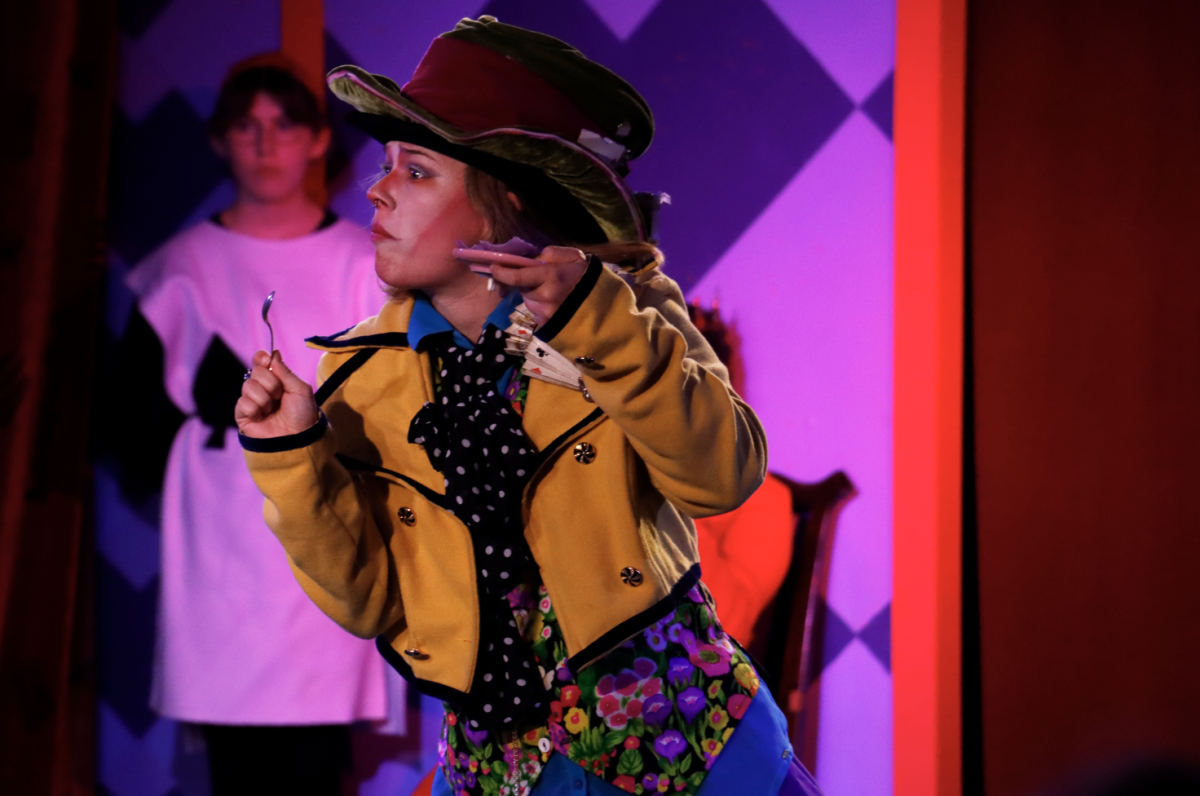
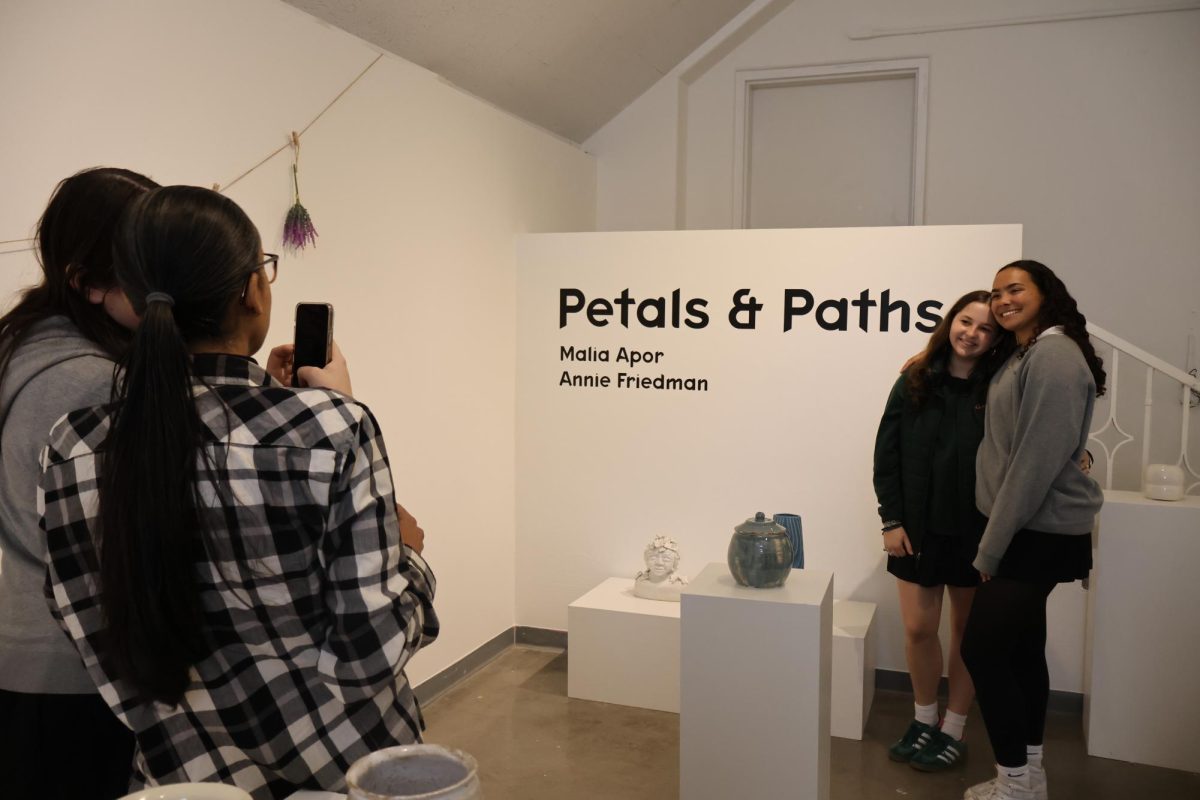







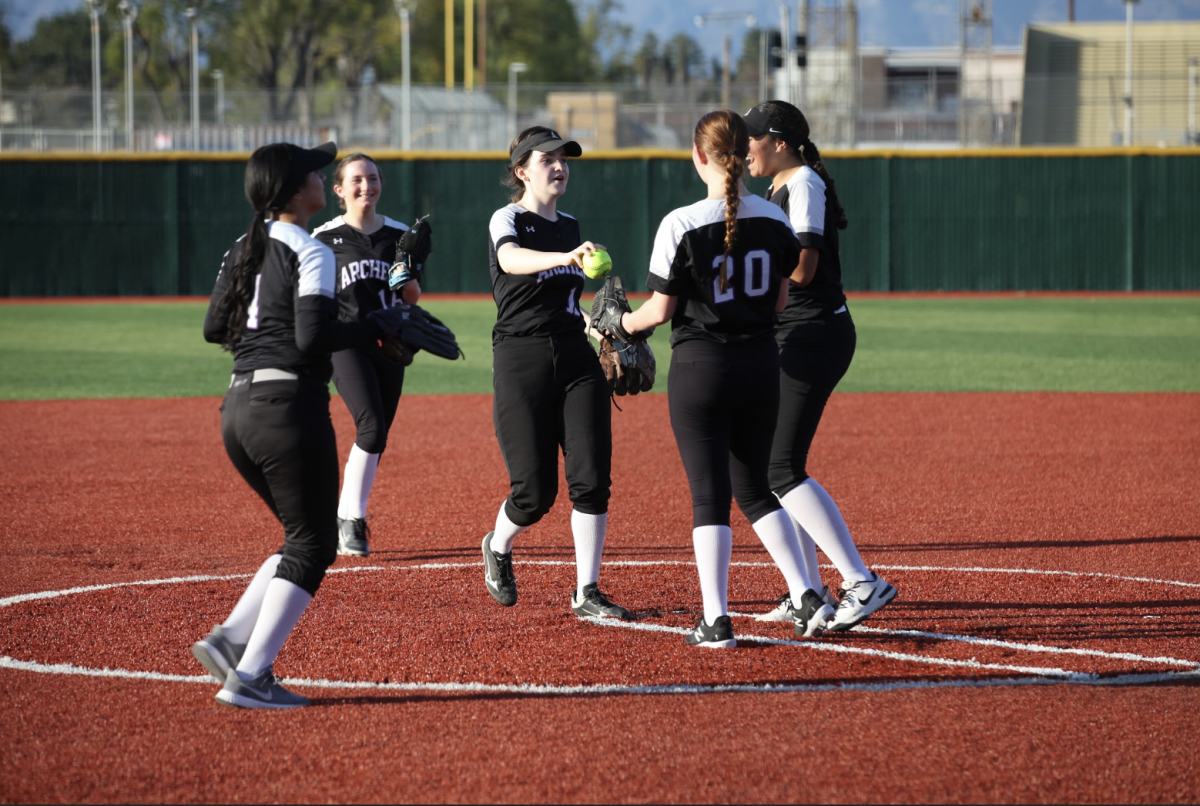

























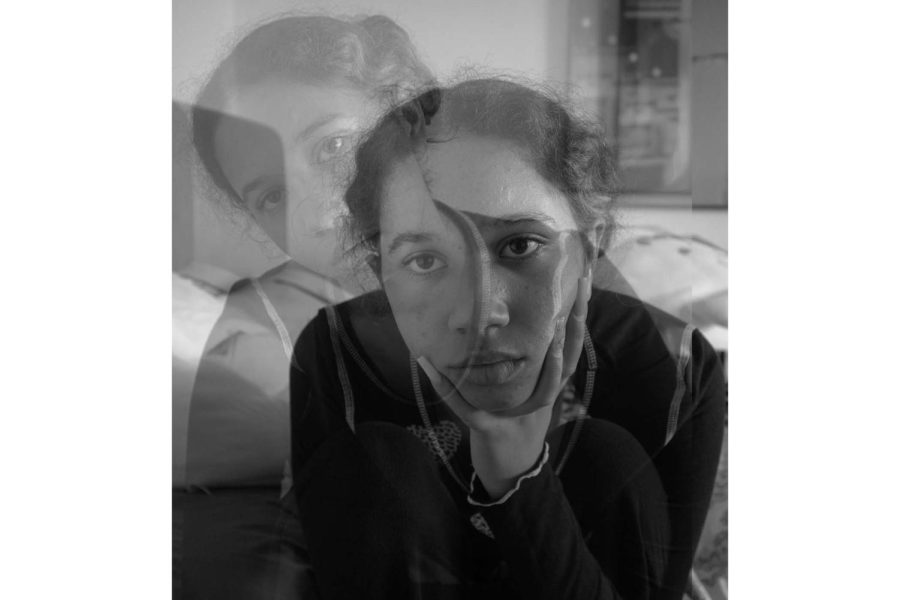
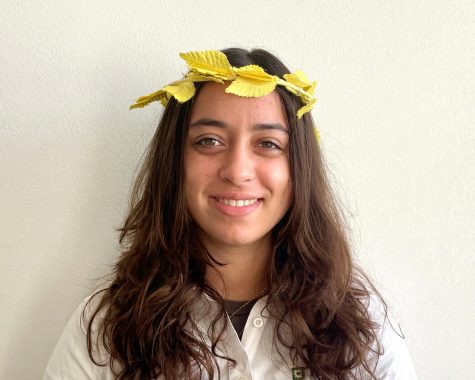






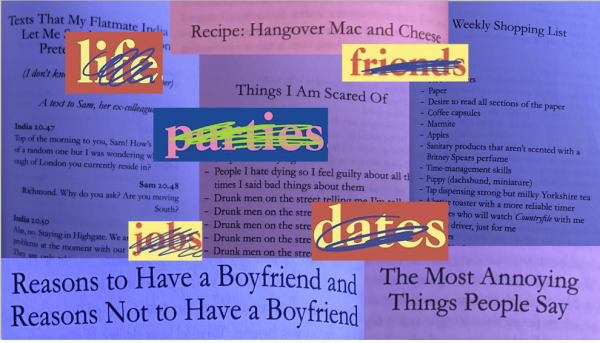
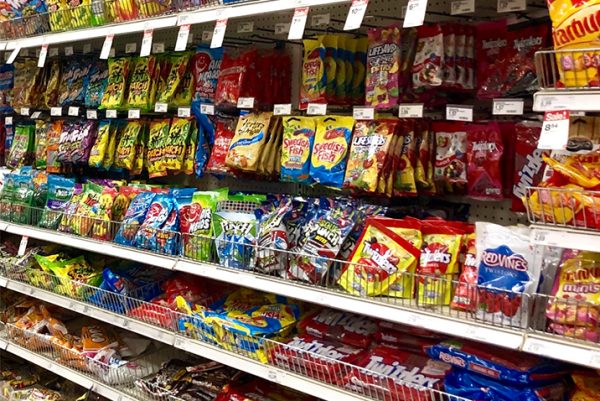
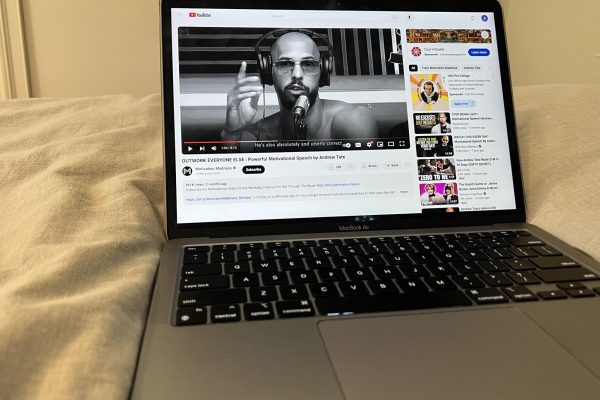
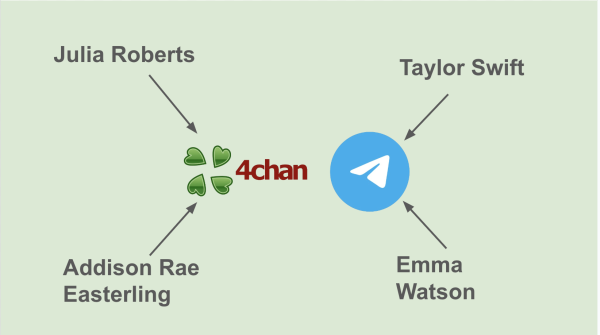
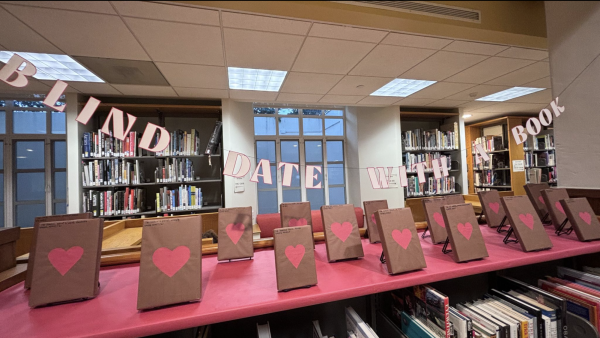
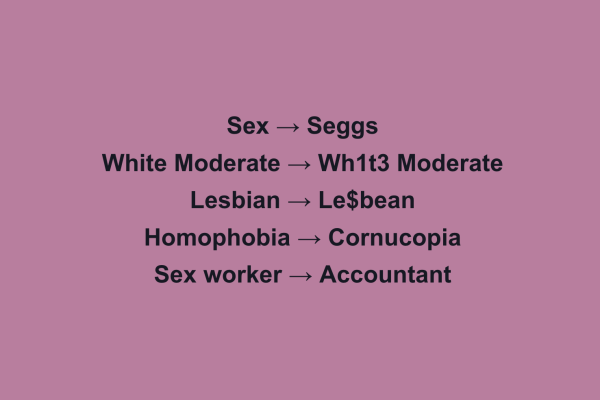

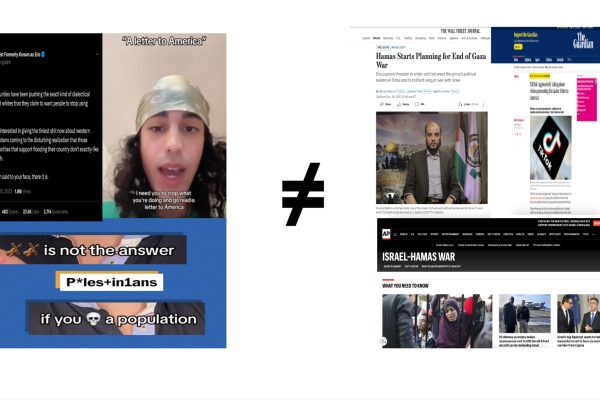

Tiffany Smith-Anoa'i • Feb 10, 2022 at 4:05 pm
Marissa,
Your transparency in this column is beautiful to read. Thank you for sharing this with The Oracle. I encourage you to continue to speak your truth.
Onward!